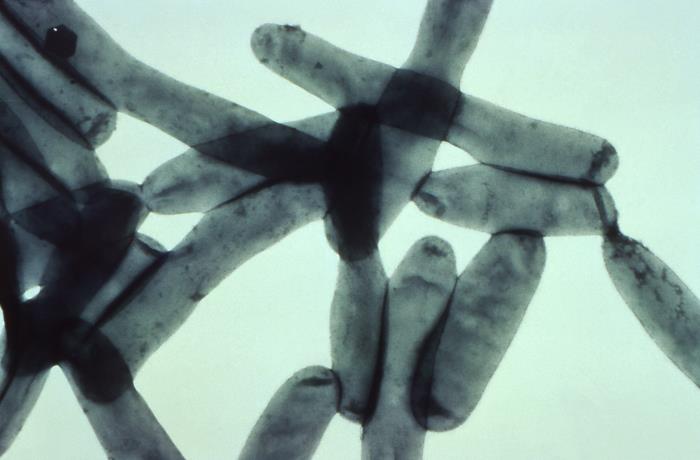In recent months, there has been an increase in the number of cases of Legionnaires’ disease among European travelers returning from Dubai. As the source has not yet been identified, there could still be a risk for exposure to Legionella for persons visiting or living in Dubai.

Between 1 October 2016 and 23 May 2017, there have been 60 cases of Legionnaires’ disease reported to European Centres for Disease Prevention and Control (ECDC) with a history of travel to Dubai. The majority of cases stayed in commercial accommodation sites.
The number of cases reported during February and April 2017 are still higher than that seen in previous years. The most recent case became ill on 11 May 2017. These recent cases suggest there is still an ongoing exposure risk.
The risk of Legionnaires’ disease to travelers to Dubai is considered to be low. However, the risk may be increased for the following groups:
- Those aged over 50
- Those with underlying breathing problems
- Those who have weakened immune systems
- Smokers
LISTEN: Legionnaires’ disease: An interview with Dr. Mark Edwards and Sarah Ferrari
If you are travelling to Dubai, be aware of the symptoms of Legionnaires’ disease. If symptoms develop while in Dubai you should seek medical care. If symptoms develop within two weeks of returning home you should seek medical care and inform your healthcare provider of your travel history.
Legionnaires’ disease is a type of pneumonia caused by the bacteria Legionella pneumophila and other Legionella species. The illness usually starts with flu-like symptoms including fever, tiredness, headache, and muscle pains. This is followed by a dry cough and breathing difficulties which may progress to a severe pneumonia. The disease is spread through the air from a water source. People become infected when they breathe in aerosols (tiny droplets of water) which have been contaminated with Legionella bacteria.
Related:
- Michigan: Hepatitis A confirmed in Oakland County Jail inmate
- Measles alert issued in the MIT area of Cambridge
- Thailand reports 19 dengue-related deaths to date
- California: Suspected norovirus outbreak in Santa Barbara County schools
- Idaho: Strangles in Boise prompts temporary suspension of adoptions


One thought on “Legionnaires’ disease cases up to 60 in Europe: Linked to Dubai travel”